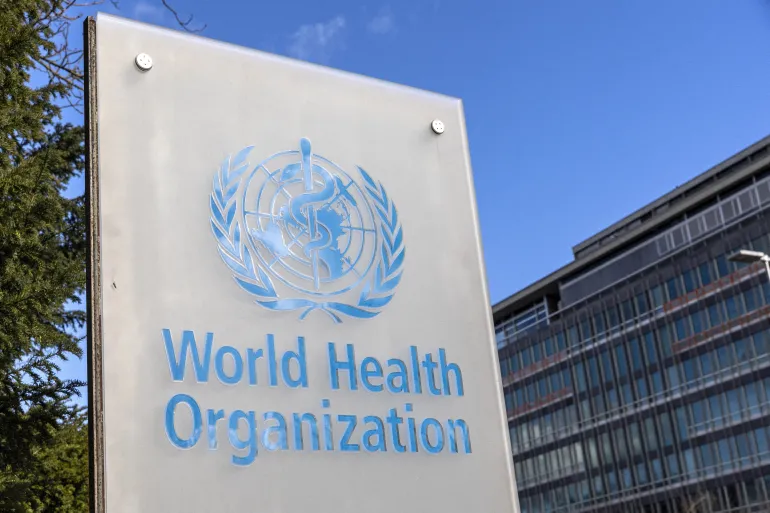A new study by the World Weather Attribution (WWA) network has confirmed that global warming intensified the rainy season across many African countries in 2024, leading to devastating floods that claimed thousands of lives and displaced millions, Al Jazeera reports.
The study, released on Wednesday, found that human-induced climate change, driven by the use of fossil fuels, made the seasonal downpours across the Niger and Lake Chad basins 5-20% worse this year. This intensification of rainfall, according to WWA, triggered a humanitarian catastrophe, causing widespread flooding and destruction.
The United Nations Office for the Coordination of Humanitarian Affairs (OCHA) reports that floods killed approximately 1,500 people and displaced over one million in West and Central Africa during the year. In Nigeria and Sudan, heavy rains overwhelmed dams, exacerbating the crisis.
WWA scientists, focusing on conflict-ridden Sudan, where millions have been displaced by war and forced into flood-prone areas, found that climate change significantly impacted the intensity of rainfall. Using modeling techniques, they compared current weather trends with patterns in a world without human-induced warming, discovering that prolonged periods of intense rainfall in parts of Sudan had become heavier as a result of climate change.
The scientists highlighted the crucial role of other human-made factors in contributing to the devastating floods. They emphasized the need for improved dam maintenance, investments in early warning systems, and better disaster preparedness strategies to mitigate the impacts of these increasingly frequent and severe events.
WWA issued a stark warning, stating that such extreme rainfall events “could happen every year” if global temperatures rise to 2 degrees Celsius (3.6 degrees Fahrenheit) above pre-industrial levels. The network forecasts that this critical threshold could be reached as early as the 2050s.









